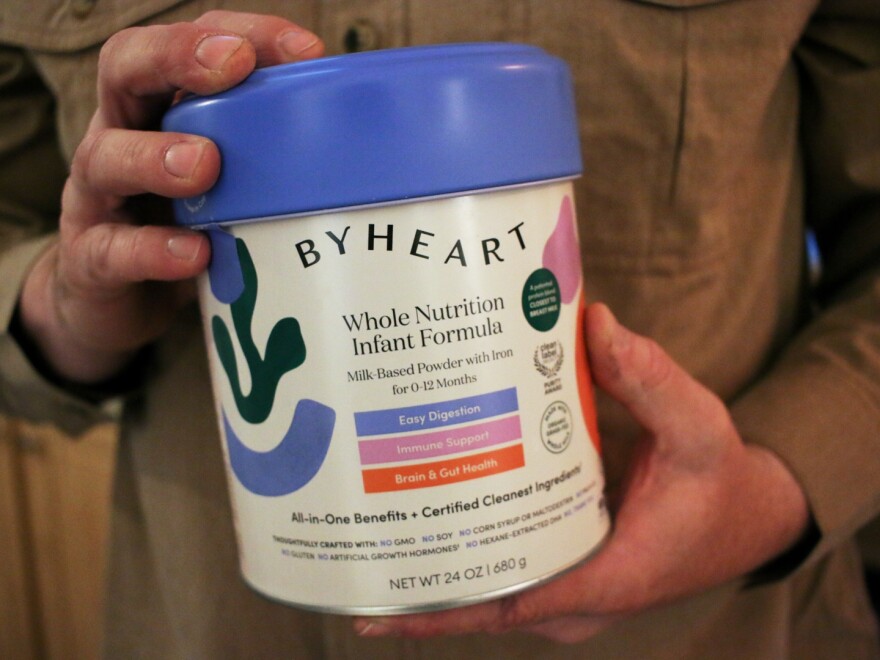BREAKING: A groundbreaking genetic marker has been identified that could drastically enhance the prediction of severe reactions to the gout medication allopurinol among U.S. patients. This urgent discovery, reported today, promises to save lives by allowing healthcare providers to assess risks more accurately.
Researchers at the University of California and FDA officials confirmed this vital finding earlier this morning, stating that the genetic marker could significantly reduce the incidents of life-threatening adverse effects associated with allopurinol.
The presence of this genetic marker indicates a higher likelihood of severe reactions, which can include skin rashes and organ failure, making this development crucial for patient safety. The research team emphasizes that this predictive capability could lead to personalized treatment plans, ultimately leading to better outcomes for patients suffering from gout.
Currently, gout affects millions in the U.S., and approximately 10% of patients taking allopurinol experience adverse reactions. The identification of this marker could mean the difference between life and death for many. With this new information, doctors may soon have the tools to tailor prescriptions based on individual genetic profiles.
Healthcare providers are urged to stay informed about this development. As the FDA considers incorporating genetic testing into treatment protocols, patients with a history of adverse reactions to allopurinol should consult their doctors about potential testing options.
The research is still in its early stages, but the implications are profound. If implemented widely, it could reshape how gout is treated and monitored across the country. In the coming weeks, further studies are expected to validate these findings and assess how quickly this genetic testing can be integrated into clinical practice.
This urgent breakthrough not only highlights the advancements in genetic research but also underscores the importance of personalized medicine in treating chronic conditions like gout. As more information becomes available, patients and healthcare professionals alike are encouraged to remain vigilant about their treatment options.
Stay tuned for updates as this story develops and more insights are revealed in the ongoing research on the genetic basis of drug reactions.






